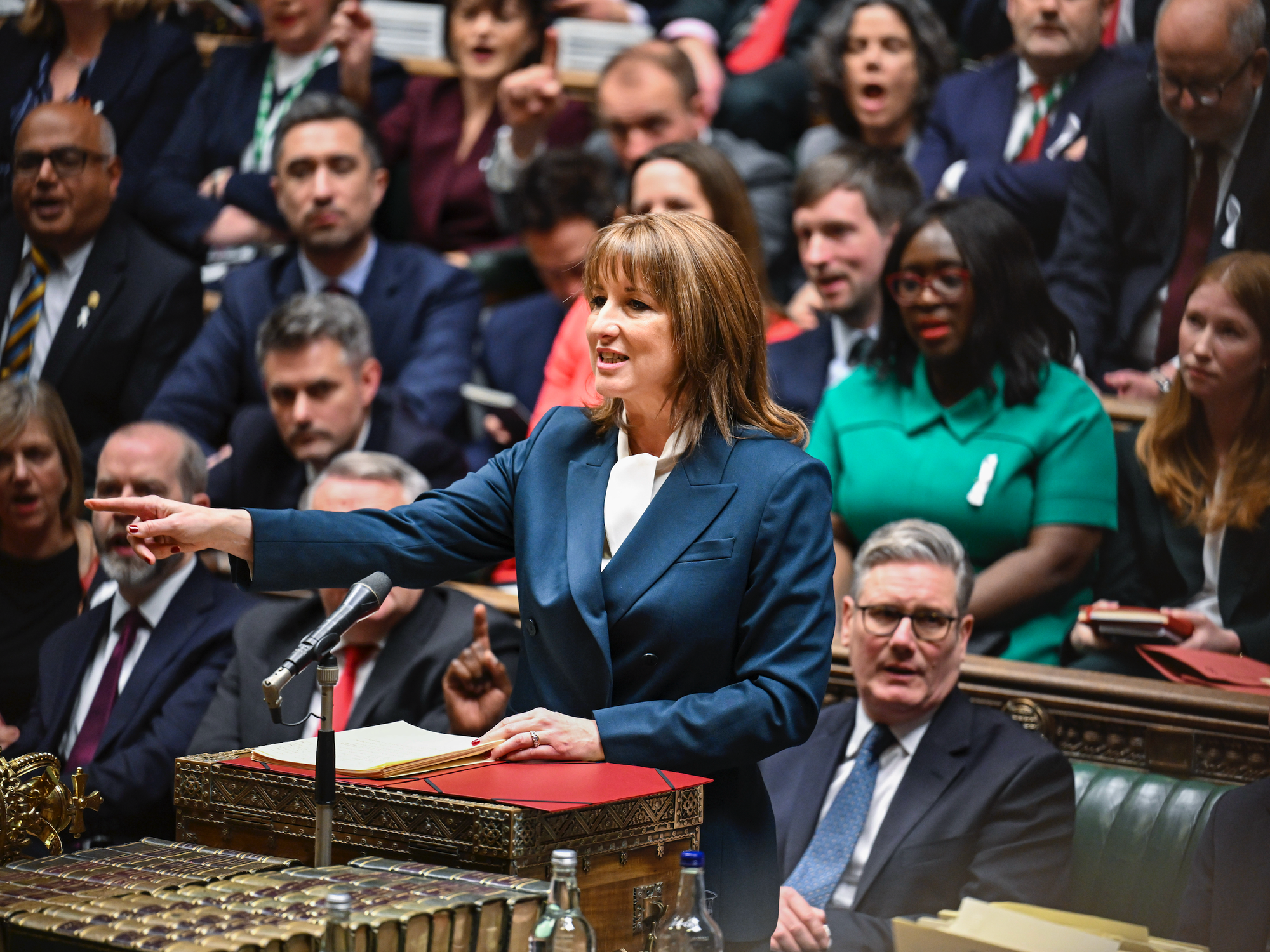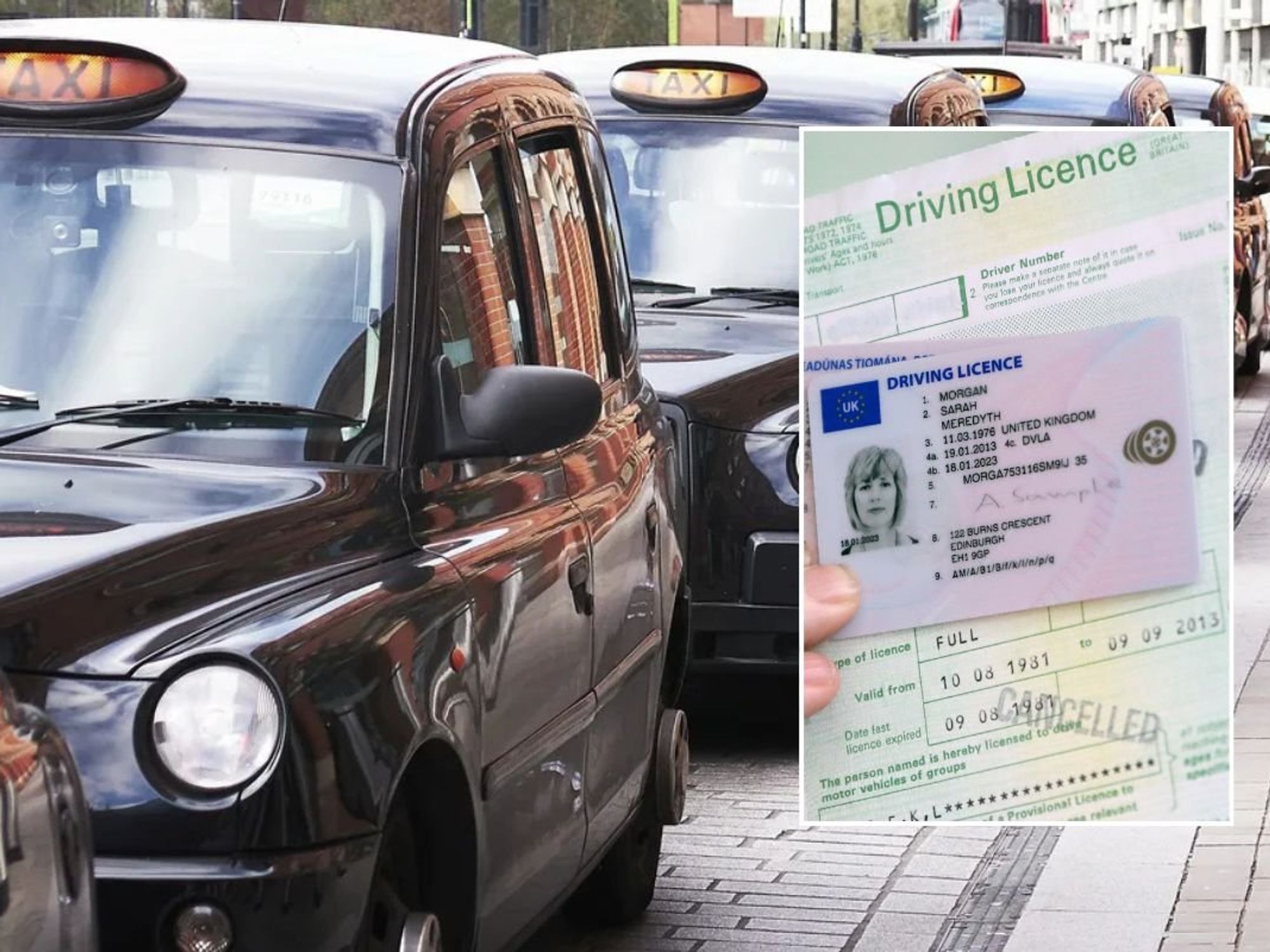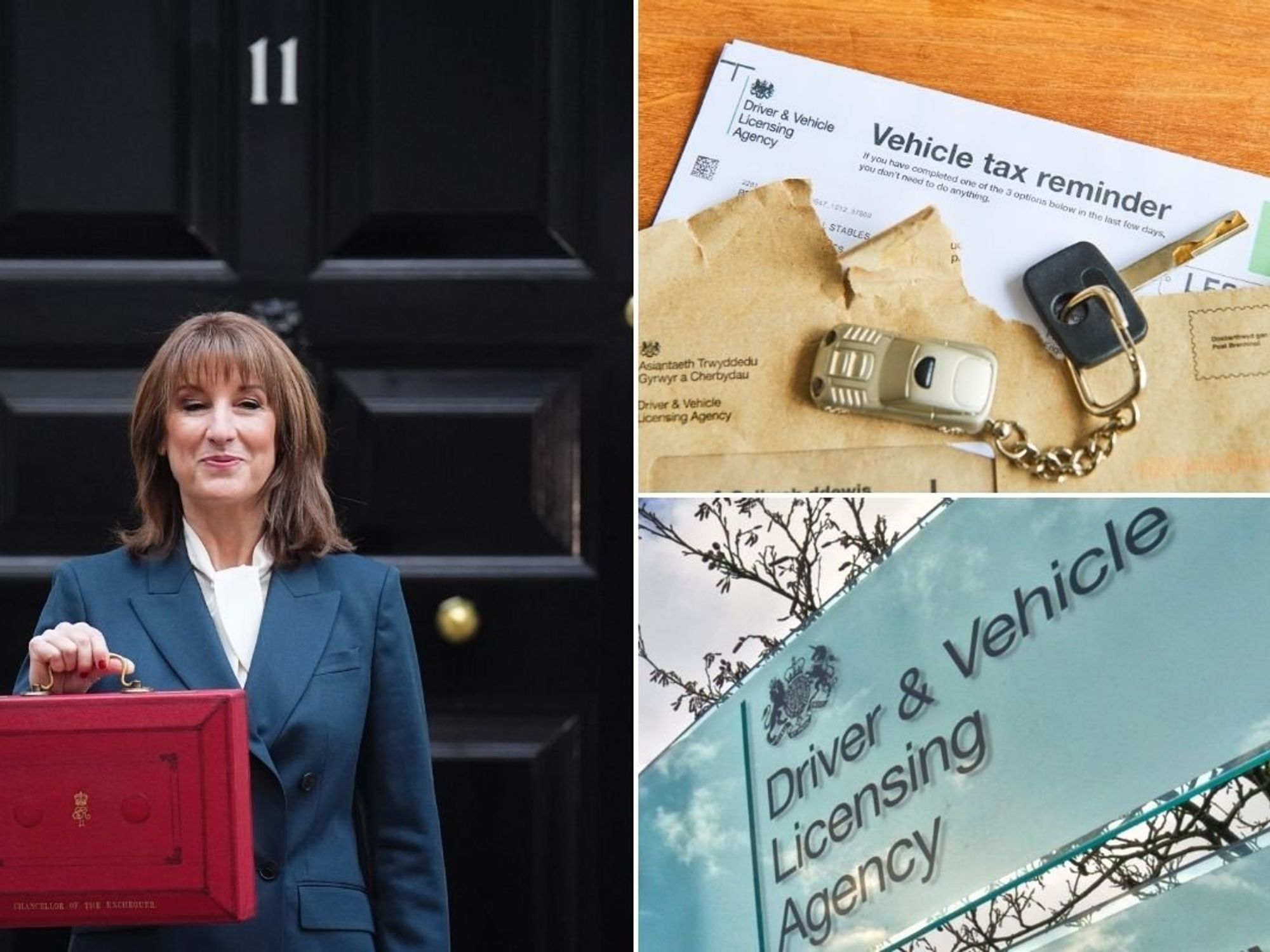Electric car market share 'shrinking' amid urgent calls for new rules to help drivers ditch petrol and diesel

'It’s time to drop the culture war objections to EVs and embrace the future'
Don't Miss
Most Read
Latest
The market share of electric vehicles has declined over the last month as experts call on manufacturers and the Government to introduce incentives to help the uptake of EVs.
According to the latest data from the Society of Motor Manufacturers and Traders (SMMT), 15.2 per cent of new cars registered in March were electric.
This is down from 16.2 per cent during the same time period last year, signalling a concerning drop in the number of electric vehicles being sold.
Mike Hawes, chief executive of the SMMT, said there would be challenges ahead amid a “sluggish” private market and a “shrinking” EV market share.
Do you have a story you'd like to share? Get in touch by emailing motoring@gbnews.uk
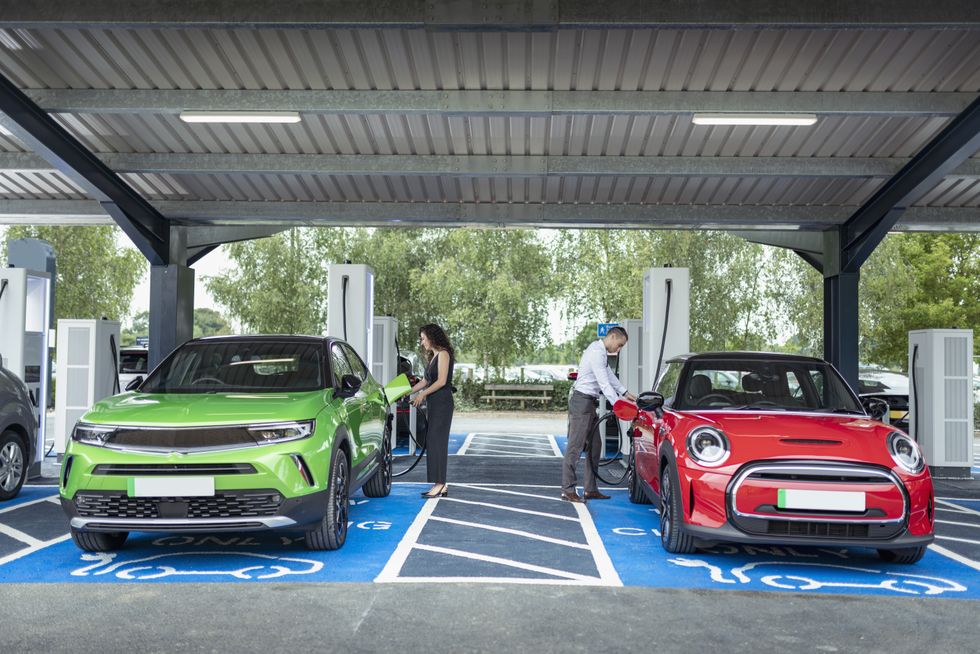
Experts are calling for more incentives to help boost EV sales
| GETTYHe called on the Government to support British drivers with incentives to help get more people to switch and support manufacturers with the production and sale of EVs.
The expert said this would send a positive message to consumers and ensure the Government meets its net zero targets and prepares efficiently for the 2035 petrol and diesel sales ban.
It is hoped that the Zero Emission Vehicle mandate will help the UK adapt to electric vehicles, with at least 22 per cent of new cars sold by each manufacturer in the UK this year needing to be zero emission.
The threshold for total EV sales will rise gradually reaching 80 per cent by the end of the decade and 100 per cent by 2035. Manufacturers face hefty fines if they do not meet production goals.
Almost 318,000 new cars were registered in March, made up of petrol, diesel, hybrid and electric powertrains, representing a 10.4 per cent increase compared to March 2023.
Ian Plummer, commercial director of Auto Trader, commented on the new SMMT data, acknowledging the concerning nine per cent drop in Tesla sales in the first quarter of 2024.
He added: “Manufacturers are fighting harder than ever to tempt customers, as more than three-quarters of new EVs are now advertised on our website with discounts, with the average discount applied increasing to 11 per cent last month.
“That trend only looks set to accelerate as manufacturers struggle to meet strict ZEV mandate targets in a much more competitive landscape.
“The arrival of new Chinese entrants is likely to continue to shake up the market and bring down prices for consumers.”
Paul Tomlinson, CEO of EV charging leader Cord, has also supported the call for more incentives for electric vehicles by cutting the rate of VAT from home chargers.
There have long been calls for the Government to cut the rate of VAT on public chargers from 20 per cent to five per cent, which has been dubbed a “pavement tax”.
He added: “Transport is the UK’s number one source of emissions and converting the fleet is the best way to fix it, yet the Government is acting far too tentatively, while other countries streak ahead of us. It’s time to drop the culture war objections to EVs and embrace the future.
LATEST DEVELOPMENTS:
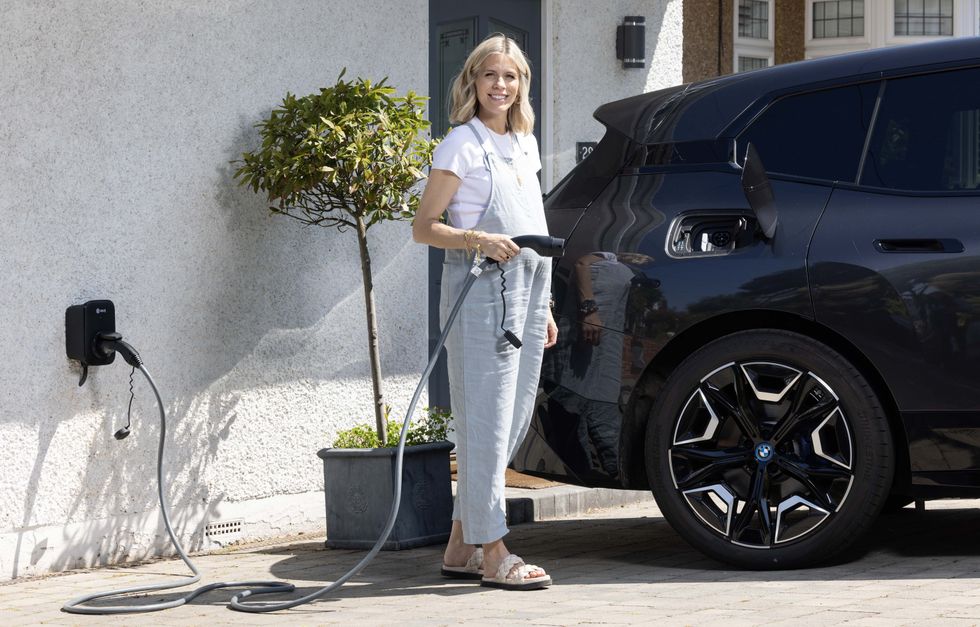
Some experts are calling on the Government to cut VAT rates of home chargers
| PA“Introducing VED rates for EVs next year is clearly hurting demand already, and will raise a tiny amount for the Government - it should push that new tax back several years.
“Ending the unfair ‘pavement tax,’ which makes public charging far more expensive than home charging, would cost relatively little compared to ongoing fuel tax freezes, but seriously help those who can’t get a home charger installed.
“And removing VAT on home chargers would make those considerably cheaper to install, saving around £170. These steps wouldn't cost the earth but would help save it.”






